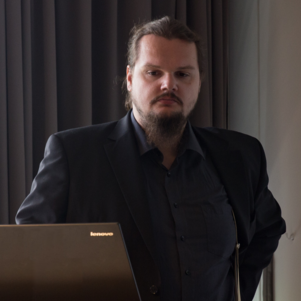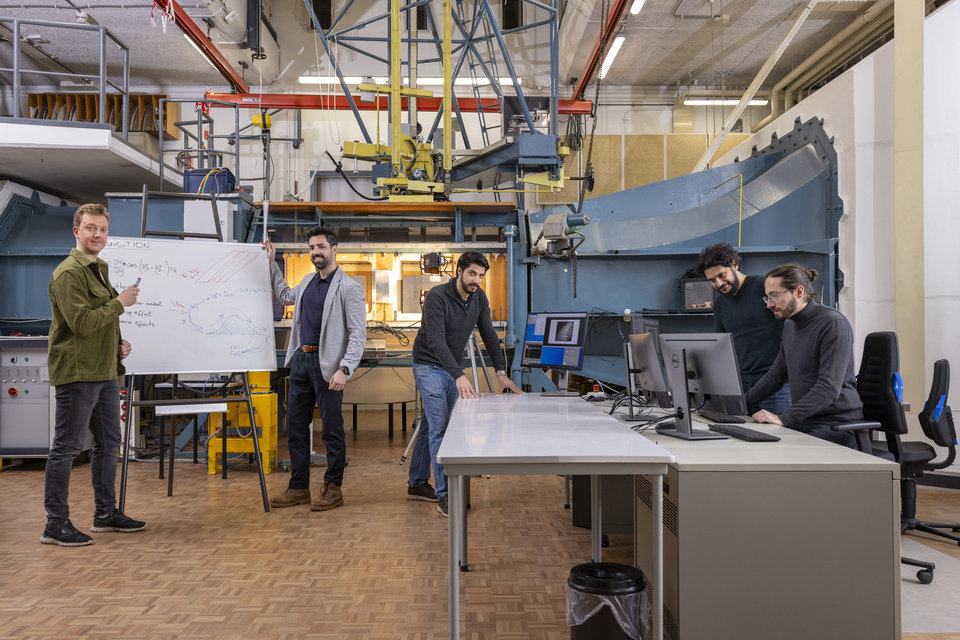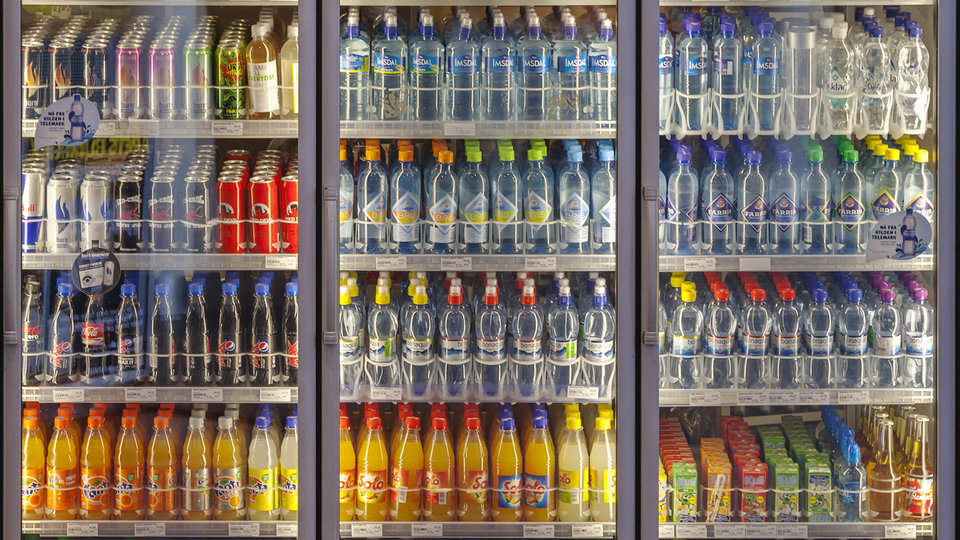Data-driven business models are a key engine of our digitised society. To achieve data-driven innovation, it is important that companies also share data. Examples include sharing data with competitors in order to understand changes in consumer behaviour or with partners to enable smarter deliveries of goods. Various open data marketplaces already exist, but struggle to take off and often fail to progress beyond the pilot phase. With the SafeDEED project, TU Delft collaborates with a consortium of European companies and universities to develop technologies to help these kinds of marketplaces get off the ground and become successful. Mark de Reuver and Tobias Fiebig from the faculty of TPM lead TU Delfts efforts in this three-year project.
Privacy technologies
“Open data marketplaces are hardly ever used. This is due to a lack of mutual trust between companies and the privacy rules that have become more strict on the use of data. As a result, companies fear sharing data, as they risk high fines if they do not anonymise data effectively,” argues De Reuver. In order to resolve this situation, we have to develop new privacy-enhancing technologies for data marketplaces. This includes technology that checks whether data in fact contains personally identifiable information (PII). “This kind of technology already exists and we will be working with it in this project. Another unique aspect of the project involves creating tools based on multi-party computation. This concept enables parties to process information based on their joint set of data via a marketplace, without having to share their own data-set with other partners on that marketplace.” Previously, this was not possible because of the high computational power required for multi-party computation. However, modern technology now makes this possible. Hence, we can now enable companies to find better solutions for problems using their competitors data, without getting actual access to this. A common example is improving supply chains to reduce the carbon footprint of goods’ production or calculating an optimum price for a product. In addition, in this project we will also implement tools that enable companies to estimate the value of their data before they share it.
Finding good solutions
Infineon, a major chip manufacturer and partner in the project, is one of the parties that will be testing the technology. Sensor chips, for smartphones for example can develop fast into next generations but not all what is possible is needed. If it is possible to opt for a next generation chip, for example, this may be attractive to certain customers even if it costs more. However, these potential customers would have to share their envisioned maximum price, putting Infineon into an advantageous position. With multi-party computation, customers can indicate anonymously what price they are willing to pay for a certain function or supply chain service. At the same time the company will know with more certainty how many customers want to do this for which volume and can therefore consider more accurately to move forward in offering the desired chip functions or supply chain services.
Sharing data
Similarly, this model is also of interest to telecom companies. Their customers are increasingly using YouTube and Netflix in preference to cable TV. User data can provide a wealth of information to anticipate changing customer preferences more effectively. The problem is that departments in telecom companies are not allowed to share this kind of data with each other. Hence, they are also unable to use this data to better anticipate customers’ needs and react proactively. However, these problems can be resolved by anonymising data and performing secure multi-party computation via a trusted data marketplace.
TPM Involvement
In this project, TPM researchers mainly into the potential value of these technological tools: What contribution do they make to business models? How can these tools incentivise companies to share data? To what extent can company’s operations be improved by a lot of data? For this, they develop models to identify threats and incentives for the sharing of data in these data marketplaces. User evaluations will also be conducted.
Challenges
Although the focus of this research project is on economic scenarios, the tools also have potential in a social context, says De Reuver. “This includes the sharing of health data to improve treatments and sharing food/agricultural data to increase the transparency of food chains.” Achieving wider application will involve facing challenges since scientific research on data-driven business models has been limited so far. This project should change this in the next three years.
More information
Both associate professor Mark de Reuver and assistant professor Tobias Fiebig, work in the Engineering Systems and Services (ESS) department's Information and Communication Technology research group.
















